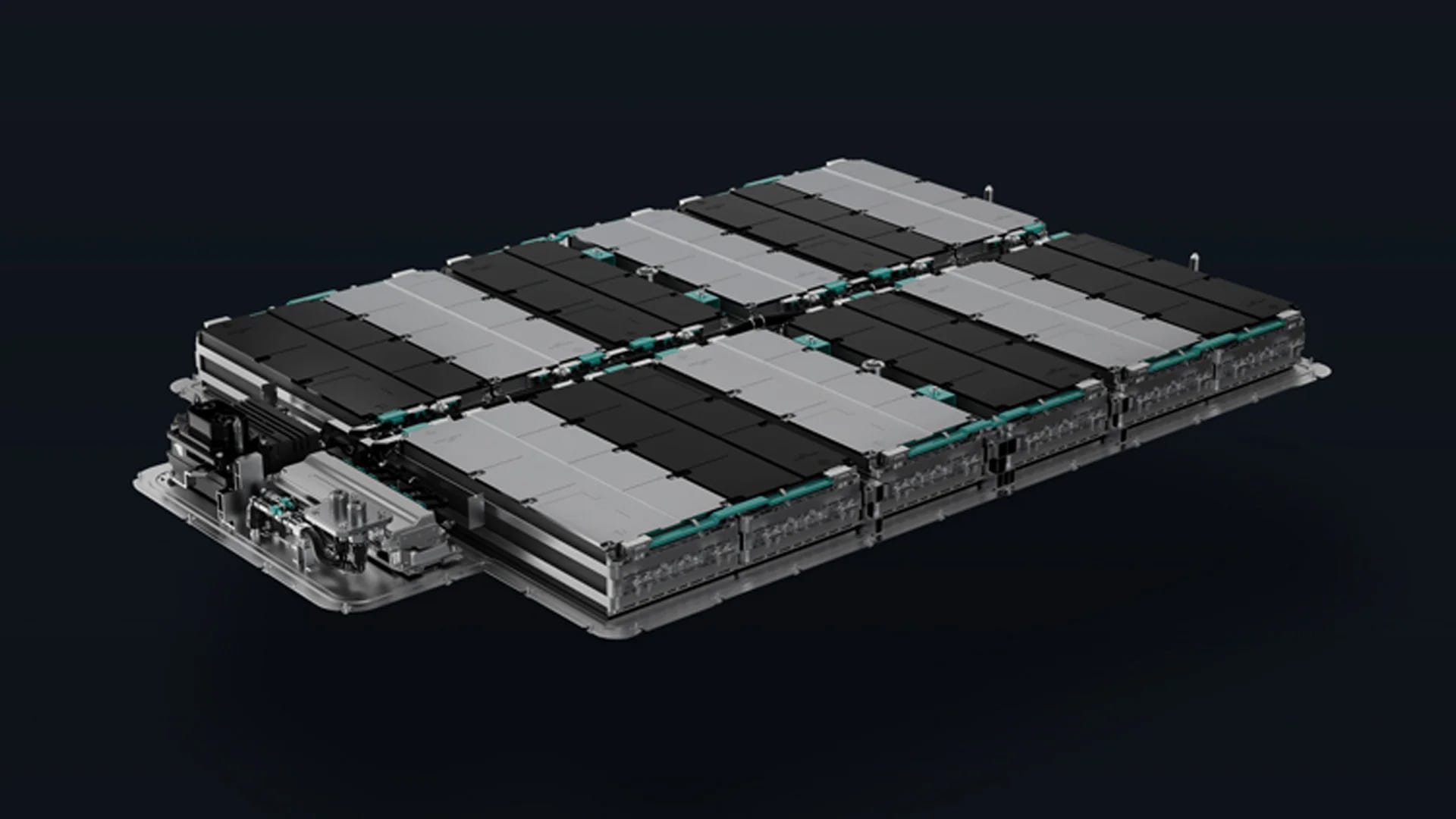China’s battery and car makers have united as part of a government-led drive to commercialize all solid-state batteries, challenging Japan and the West in an area of technology that could revolutionize the electric vehicle market.
Aiming to build a supply chain for solid-state batteries by 2030, Beijing in January set up a consortium, the China All-Solid-State Battery Collaborative Innovation Platform (CASIP), which brings together government, academia and industry, including EV battery rivals CATL and BYD.
China is stepping up R&D of the next-generation batteries, leveraging artificial intelligence and other technologies.
“We need to be prepared for the risk that all-solid-state battery technology could overturn” China’s advantage in automotive batteries, said Ouyang Minggao, a Tsinghua University professor who specializes in development of automotive-related technologies, during a ceremony marking the establishment of the organization in Beijing on January 21.
Ouyang emphasized the importance of setting up the cross-sector body during a speech to more than 200 representatives of government agencies, industry, universities, research institutes and investment funds. The consortium will work on basic research, key technologies, and joint development and manufacturing of EVs equipped with solid-state batteries, in addition to setting up a supply chain for them.
CASIP aims to develop and manufacture solid-state batteries that can compete globally, with Chinese companies as the center.
Battery makers participating in the alliance include CATL, formally Contemporary Amperex Technology, BYD subsidiary FinDreams Battery, CALB, EVE Energy and Gotion High-tech. Six of the top ten automotive battery makers globally are taking part in the initiative, showcasing China’s “all-star” lineup. Automakers, mainly state-owned enterprises, as well as private automakers BYD and Nio are also taking part.
Beijing’s ambitious endeavor is unique in bringing together sometime-rivals for the project. CATL and BYD compete aggressively for market share in lithium-iron phosphate (LFP) batteries, a field dominated by Chinese companies. CATL has also sued CALB and Svolt Energy Technology, another battery maker in the consortium, for patent infringement.
Miao Wei, vice-chairman of the Committee on Economic Affairs of the Chinese People’s Political Consultative Conference, a political advisory body, attended the ceremony from the government side. Miao is a former top executive with a state-owned automaker and has served as China’s industry minister, which oversees auto policy. He remains influential in that area.
Government members of the consortium include the Ministry of Industry and Information Technology, the Ministry of Science and Technology the State-owned Assets Supervision and Administration Commission of the State Council (SASAC)—which manages state-owned enterprises—and the National Energy Administration.
Chen Qingtai, head of China EV100, a think tank that brings together the government and companies to study industrial policy for EVs, also attended. Government-affiliated research institutes, such as the Chinese Academy of Sciences, and influential government-backed funds are also on CASIP’s member list.
“China has been leading the world in new-energy vehicles because of its advanced battery technology,” Chen said during the ceremony, according to Chinese media.
Chen argued that solid-state batteries have the potential to change the balance of power in the industry, which means their development should be prioritized to ensure that China becomes an “automotive powerhouse.”
For years, Toyota Motor and other Japanese companies have led in R&D of solid-state batteries, which promise greater energy density and thus would greatly extend EV driving range. They are also less flammable and, because they can store more electricity in a smaller package, would allow car designers greater freedom.
Toyota aims to roll out EVs equipped with solid-state batteries in 2027–2028, while Nissan Motor plans to start selling them in fiscal 2028. European automakers such as Volkswagen and BMW are also rushing to commercialize them, working with battery startups in the US and elsewhere.
“The ratio of new-energy vehicles to new car sales will be more than half by 2025 or 2026,” Miao predicted, adding, “We should take advantage of having a large market for new-energy vehicles to realize the early industrialization of all-solid-state batteries.”
A senior official with the industry ministry also pointed out the need to speed up development of the technology and applications for solid-state batteries.
“AI is changing the way we do materials research and development, and it will vastly accelerate the speed of all-solid-state battery R&D,” Ouyang said, adding, “By around 2030, we will have a higher chance of achieving a breakthrough for the industrialization of all-solid-state batteries,” expressing his desire to have a supply chain up and running by around 2030.
The question is whether this “whole-nation” approach to solid-state battery development will pay off.
According to the online edition of the influential Chinese media outlet Yicai, Toyota holds more than 1,300 patents for solid-state batteries, while Chinese battery companies have fewer than 100 for all solid-state batteries. It remains to be seen whether Chinese companies, which have an overwhelming advantage in current automotive battery technology, can repeat the feat with solid-state power cells.
Toyota and others believe commercial production will be possible after 2030. If China manages to move faster, Japanese players will have a hard time catching up in the fast-growing EV market.
This article first appeared on Nikkei Asia. It has been republished here as part of 36Kr’s ongoing partnership with Nikkei.

